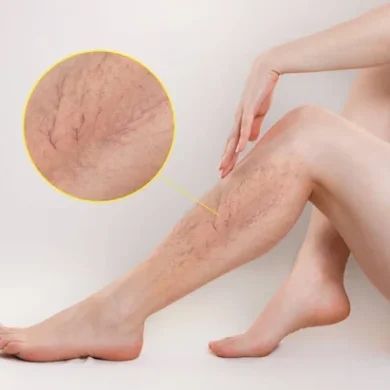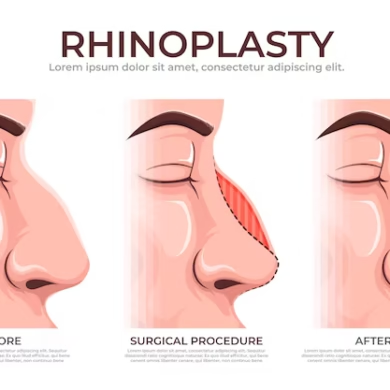Before laser came along, permanent hair removal was limited to costly, time-consuming methods such as electrolysis. It was either that or waxing, threading, or some other maintenance-heavy procedure that required regular revisits. Laser offers a safe, permanent, and mostly pain-free alternative.
So does laser hair removal work? The short answer is yes—the U.S. Food and Drug Administration (FDA) has approved a number of laser products for clinical use, and very few adverse effects have been reported. The long answer, however, is that it works best for specific skin and hair types, and there’s always a chance that a different procedure will suit you better.
Laser hair removal works by aiming an invisible light beam onto your skin, and using heat from that beam to remove the hair follicles from their roots. This happens below your skin and doesn’t affect the surface, except for slight irritation in some people. Most practitioners apply a cooling gel to the skin being targeted to help relieve the burn, as well as prevent skin injuries.
The laser finds the follicle by sensing melanin, or the pigmentation present in the follicle. It therefore works best for light-skinned, dark-haired people, where hair is most visible against the skin. People with different coloration can still get laser hair treatments, although it may take longer or require more sessions.
As mentioned above, only certain laser hair removal methods are approved by the FDA. There are four: ruby lasers, alexandrite, diodes, and Nd:YAG (a specialized type of garnet). Ruby lasers are the oldest and generally don’t work on dark and tanned skin, except for a few new variations. Alexandrite lasers are the fastest, as they cover larger areas at a time. Although it still favors light skin, alexandrite produces fair results with light brown to olive complexions. Diodes can penetrate deeper and better locate follicles on dark skin, but tends to have trouble with fine hair.
Nd:YAG (short for Neodymium-doped yttrium aluminum garnet) is a type of crystal designed specifically as an active laser medium. It’s the most recommended type for dark-skinned people, and works just as well in removing lesions and tattoos. However, people have reported more discomfort with this type, and being new, treatments can be noticeably more expensive.
Make sure to ask about these options when shopping around for laser hair removal services. Not all clinics will offer all four, but some will give you an estimate and tell you which one suits you best. Don’t go for the cheapest or the first one that comes along—there can be considerable differences in quality between two clinics, and you want to make sure you’re in good hands.















